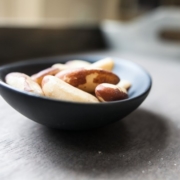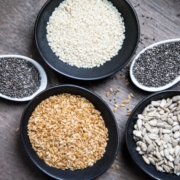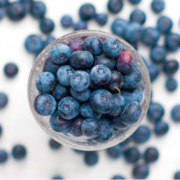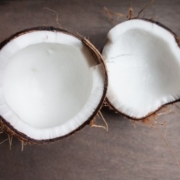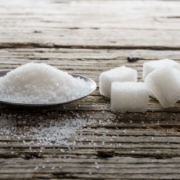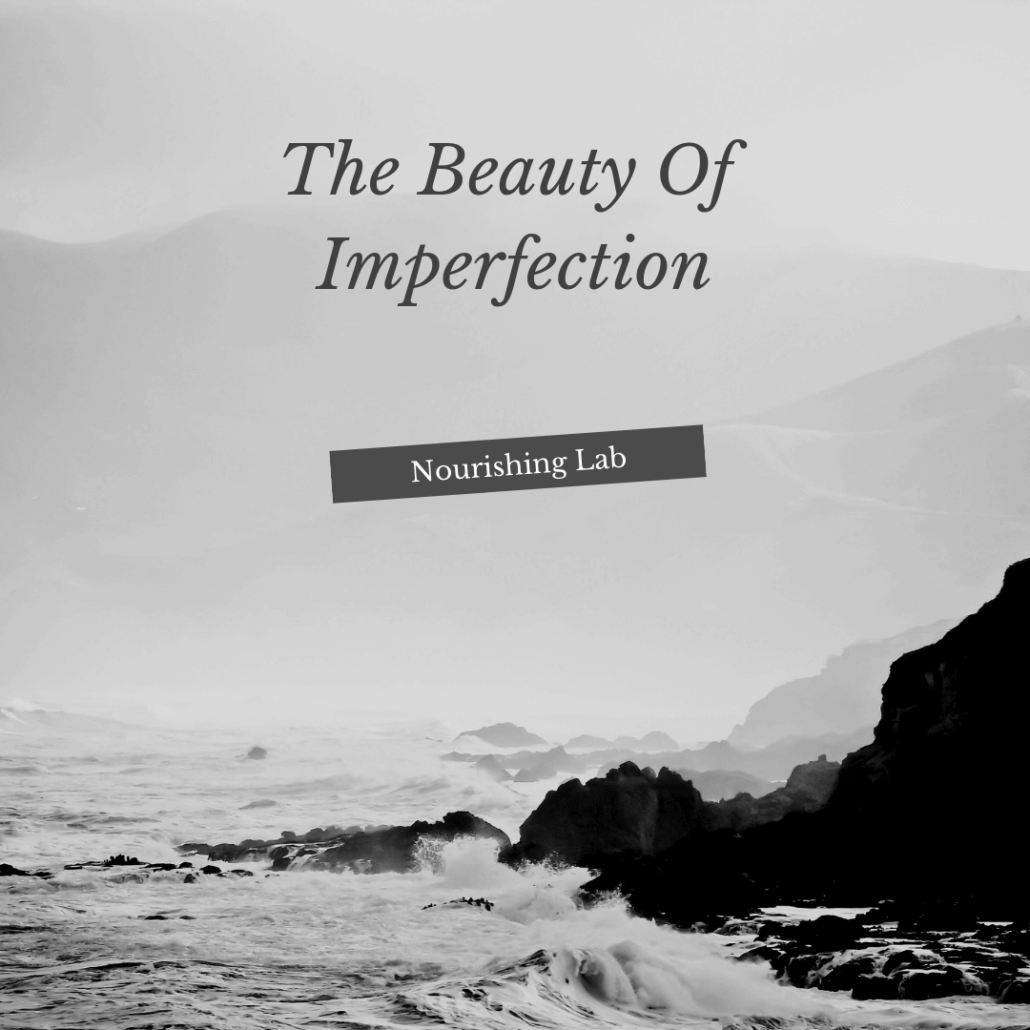
At Nourishing Lab, we learn to embrace our imperfections and honor them…
We allow for the looseness of a life well lived – easing up on rules, constraints, and
expectations.
The beauty lies in the imperfection of our bodies… With all its cravings, hormonal imbalances,
intermittent pain, skin issues, anxiety, depression, etc.
These signs indicate that our body is not aligned – but that’s actually a gift! Our bodies are
capable of doing this for us, and we choose to honor this gift by digging deeper into the root
cause of the misalignment.
What if you crave sugary foods?
OR
What if you crave salty foods?
These are signs that your body wants you to be kind to it, and to answer it with healing
modalities.
Are you craving M&M’s, Snickers, Swedish Fish, Cookies, Donuts?
Typically, craving sweet foods is a sign that your body wants energy from carbohydrates or
other forms of sugar. The real cause, though, is BLOOD-SUGAR IMBALANCE.
It could be from lack of sleep, not eating the Golden Goddess Plate at all 3 meals, high stress,
or binge eating/stress eating/overeating…
The beauty lies in the imperfection of our bodies! Click To Tweet
What is Blood Sugar Imbalance?
To understand this imbalance, we need to address hormones, their regulation of blood sugar,
and the Standard American Diet (SAD). The typical American diet focuses on refined
carbohydrates, which has lead to a large population diagnosed with insulin resistance and
obesity.
Your blood sugar level is the amount of glucose (carbs, starchy foods, sugar) that circulates in
your blood stream after you eat, providing immediate energy for your cells. Typically, it should
fall in the 80mg/ml and 120 mg/ml range.
1. When we ingest carbs, insulin is secreted by the pancreas. It’s the hormone that escorts
sugar into our cells for energy – specifically to the muscles, liver, and brain. Think of insulin like
a train delivering people to their stations, and glucose represents the passangers.
2. Small amounts of glucose are stored in the liver as glycogen for later use. Your muscles need
a lot of glucose, and the only way to make room for more is to burn it off. If you’re not moving,
the carbs you eat have to go somewhere else..
3. When we eat too many starchy foods and simple carbohydrates, don’t exercise, and get too
stressed, our bodies can become resistant or desensitized to insulin. The pancreas then begins
to pump out more insulin because it wants to maintain blood glucose levels, but your cells
eventually develop an intolerance to the chemical and need more and more to do the same job.
4. The muscles essentially become resistant to the signal from insulin to accept glucose. The
glucose doesn’t enter the cells, and instead remains in the blood stream – resulting in high blood
sugar levels.
5. The glucose that isn’t used by the brain, muscles, or liver is then stored as triglycerides in fat
cells. When glucose isn’t used for fuel, it’s used for fat! In essence, the more carbs you eat the
more you’re going to store fat!
6. This process tells your body to eat more sugar because your cells are starved for glucose,
starting you down the path of sugar cravings that seem out of control. As long as insulin has to
keep getting pumped out into the blood stream, your pituitary won’t release leptin, your appetite
control hormone!! Basically, your body is in sugar burning mode and hanging on to fat! We want
our bodies to be sensitive to insulin and working as fat burners!
Here are some ideas for getting the balance back in your life!
Balance The Imbalanced:
1. Incorporate The Golden Goddess Plate – Having protein and high quality fat with each
meal (along with fiber and greens) will slow down the release of carbs into sugar. They
will also both provide satiety in between meals. This is a win/win… Between meals our
body pulls from stored fat, and that means weight loss.
2. Breathe In Quiet – We all know that technology is a fantastic resource… But it’s also
toxic. We’re all still learning how to manage this amazing innovation, but there are some
steps you can take to reduce exposure blue light (one of the biggest, simplest problems
of smartphone use). Put your phone away before you go to bed! I used to keep mine on
my nightstand, but I’ve recently moved it to another room so I’m not tempted to pick it up
during the night or before I go to sleep.
3. Nourishing Snacks – Keep little bags of nourishing snacks on hand, like homemade
nuts and seeds with cacao nibs, almond butter packets, apples, cut up veggies, hard
boiled eggs, and so on. These will help you stay away from sugary or high carb treats.
4. Feed Yourself a Good Book – Immerse yourself in a book that inspires you! I just
finished Thirst by Charity: Water CEO Scott Harrison. It’s a compelling story about a
man who transformed his life. After living a hard party lifestyle, he grew one of the
largest and most respected charities in our country, dedicated to bringing safe water to
deprived nations, one small village at a time.
What If You’re Craving Salty Foods?
Are you craving pretzels, olives, chips, and crackers?
Sodium is an important mineral for every chemical reaction in your body, especially your adrenal
glands and thyroid. Salty cravings typically mean that we’re too stressed, and our adrenals are
taxed.
According to Dr. Amy Meyers:
“You probably know your adrenal glands for producing adrenaline and managing your fight
or flight response, but did you know that, as part of your endocrine system, they also
produce hormones that impact your major metabolic processes, just like your thyroid? The
hormones produced by your adrenal glands help to regulate blood pressure, electrolyte
balance, blood sugar, immune response, digestion, and more.
When you experience stress, be it emotional, mental, or physical, your hypothalamus sends
a signal to your pituitary gland, which in turn signals to your adrenal glands to produce and
release a series of stress hormones, including cortisol.
Once a stressor triggers this cascade of hormones, cortisol and your other stress hormones
redirect your body’s normal functions to deprioritize anything that is not necessary for
overcoming the stressor in front of you. This means that functions like digestion, immune
response, and yes, thyroid hormone production and distribution, are temporarily put on
hold or slowed down until the stress has passed. Ideally the stress passes quickly, your body
returns to normal, and everything runs smoothly.”
…So what do we do for this imbalance?
Although the adrenal glands are small, walnut-sized organs that sit atop your kidneys, they have
a huge job in our body. We should support our adrenals and thyroid when they are exhausted.
Here’s how:
1. GRAB A MATCHA – Coffee depletes our adrenals by spiking cortisol release, so reach
for a matcha latte with almond or coconut milk. The caffeine in matcha does not tax your
adrenals.
2. REST, RESTORE, RELAX – Sleep is especially important with adrenal fatigue, because
when your cortisol is all over the place, you can have trouble falling and staying asleep –
which stresses you out even more. It’s a vicious cycle.
“The hormones produced by your adrenal glands help to regulate blood pressure, electrolyte
balance, blood sugar, immune response, digestion, and more.”
3. RESTORE YOUR GUT LINING – High cortisol levels increase your immune responses
in the gut, the blood brain barrier, and the lungs. A weakened gut leads to leaky gut
(link), so we support it with NL’s Golden Goddess Plate. These foods will begin restoring
and repairing the gut lining!
Look… Nobody’s perfect. We have cravings, less than healthy habits, stress, and imbalance
throughout our lives. Accepting our imperfection is part of loving ourselves, and if we beat
ourselves up too much, it only continues the cycle of stress and imbalance.
Instead, we can accept that were aren’t perfect, and move forward with love and passion to take
care of the body we live in. We may not be perfect, but with some of the steps covered here,
we’ll be helping ourselves to a life of more balance, gut health, beneficial blood sugar levels,
and the kind of energy we need to live at our best!

Resources:
1. https://www.ncbi.nlm.nih.gov/pmc/articles/PMC2257922/
![]()

